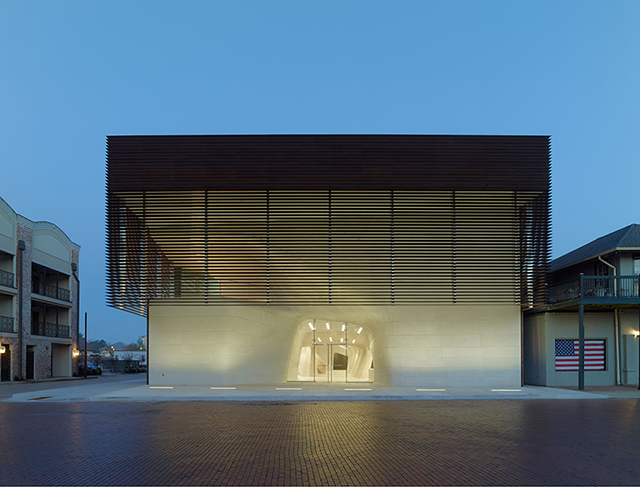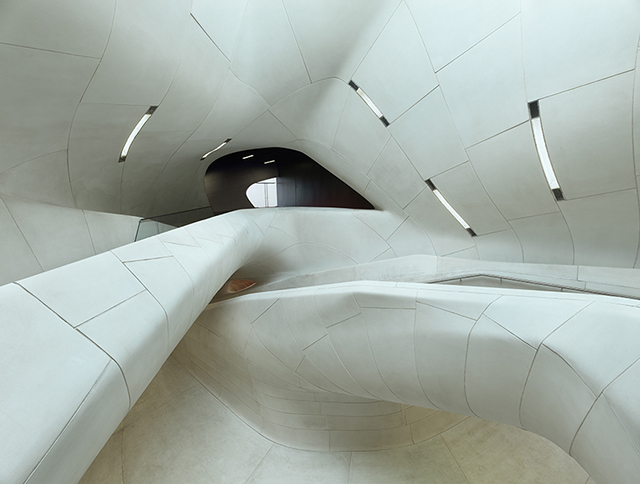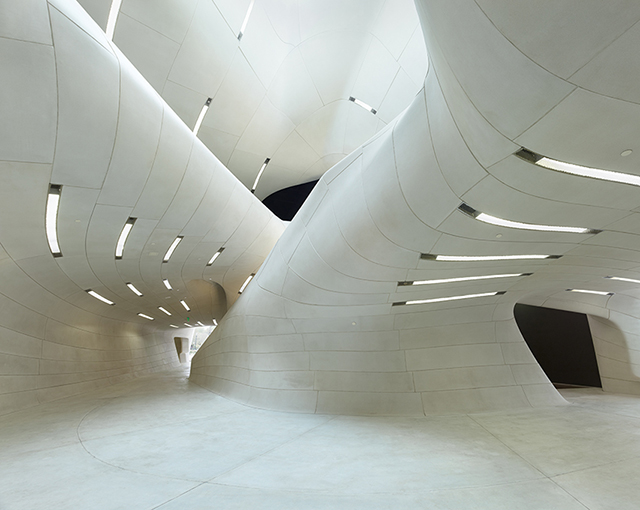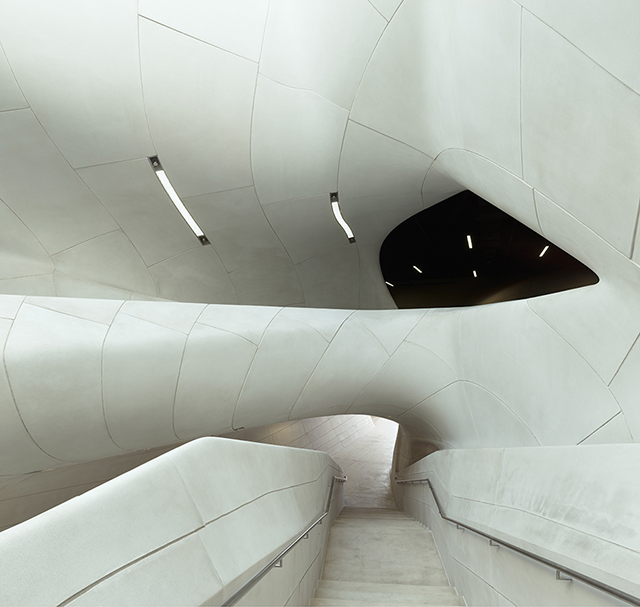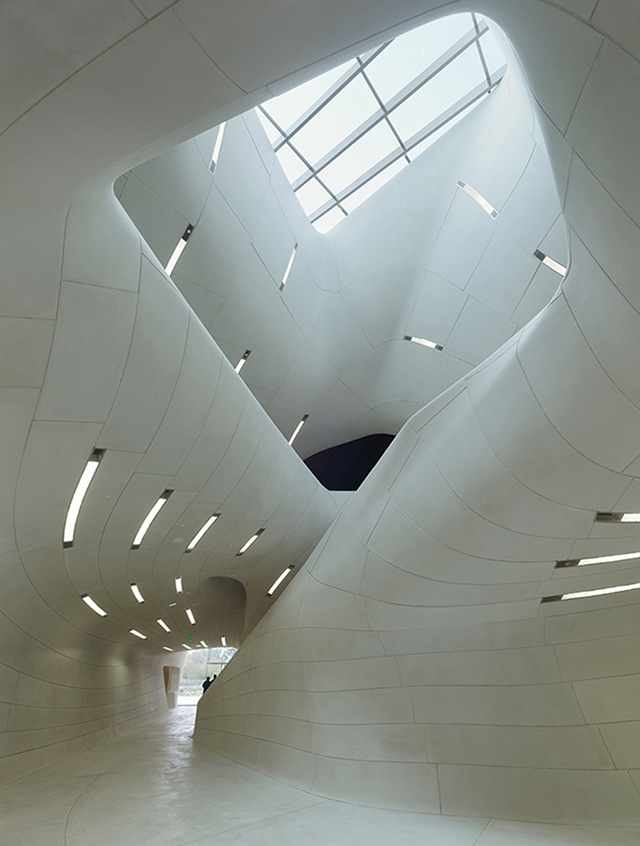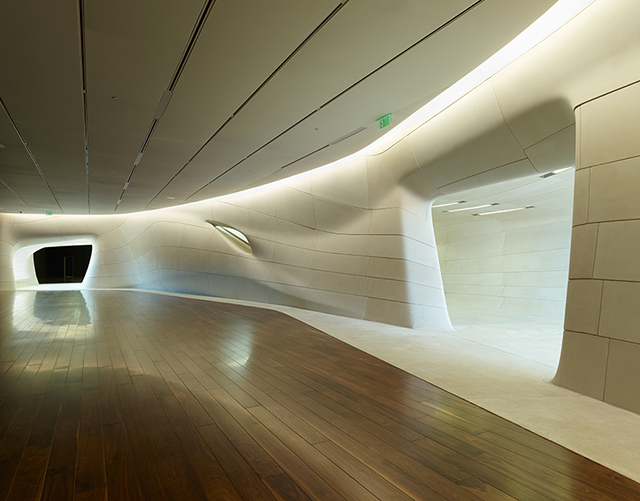Louisiana State Museum and Sports Hall of Fame
/Set in the oldest settlement in the Louisiana Purchase on the banks of the Cane River Lake, the design of the new Louisiana State Museum and Sports Hall of Fame mediates the dialogue between sports and history, past and future, container and contained. Visionary and architect Victor “Trey” Trahan, founder of Trahan Architects, merged two contrasting collections that were formerly housed in a university coliseum and a nineteenth century courthouse into one new space, elevating the visitor experience for both exhibitions.
The museum is configured to interpret athletics as a component of cultural history. While sports and regional history may appeal to different audiences, the exhibits and configuration explore interconnections between the two.
The spaces flow visually and physically together, arranged to accommodate state-of-the-art exhibits, education, and assembly and support functions. The internal organization is an extension of the existing meandering urban circulation. The pathway branches throughout the first level galleries and classrooms, and winds its way upward, concluding at a veranda overlooking and reconnecting to the historic town square.
Historical pastiche is set aside in favor of a design language inspired by the riverfront setting and the 17th century bousillage found in the region. The exterior cladding of pleated copper panels alludes to the nearby plantations, controlling light, views and ventilation, and employing surface articulation rather than architectural ornamentation.
The “simple” urban container contrasts with the sinuous entry and foyer within, highlighting the dialogue between the city and the natural environment.
The flowing interior emerges at the entry, contrasting with the patinated exterior shell, inviting the visitor within. The dynamic foyer reflects the carving of the ancient river’s fluvial geomorphology. Sculpted out of 1,100 digitally milled cast stone panels, the shaped surfaces seamlessly integrate all building systems. Washed during the day by natural light from above, they also serve as screens for films and exhibits, further merging content and context.


